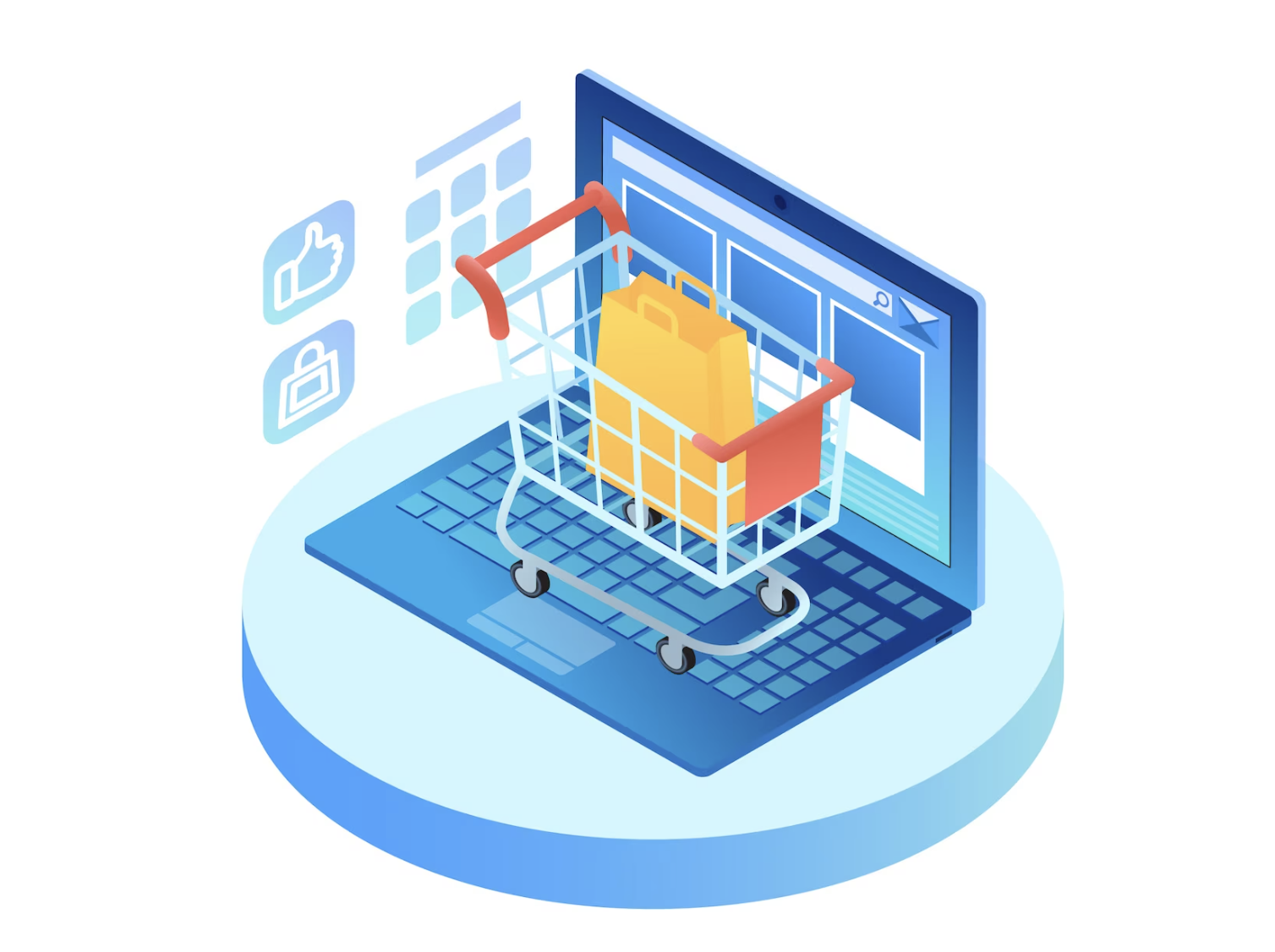
Types of Ecommerce Integrations
Ecommerce integration using iPaaS tools offers flexibility, scalability, and automation capabilities, helping businesses streamline operations, enhance customer experiences, and achieve greater efficiency across their ecommerce ecosystem.
Payment Gateway Integration:
This type of integration involves connecting an online store with a payment gateway service provider to facilitate secure and smooth online transactions. Examples of popular payment gateways include PayPal, Stripe, Square, and Braintree.
Inventory Management Integration:
Integrating an ecommerce platform with an inventory management system allows for real-time synchronization of product availability, stock levels, and order fulfillment. This integration ensures accurate inventory tracking and prevents overselling or stockouts. Common inventory management systems include TradeGecko, Brightpearl, and Stitch Labs.
Customer Relationship Management (CRM) Integration:
CRM integration allows for the seamless transfer of customer data, including contact information, purchase history, and customer interactions, between an ecommerce platform and a CRM system. Popular CRM platforms such as Salesforce, HubSpot, and Zoho CRM offer integration capabilities.
Shipping and Logistics Integration:
Integrating an ecommerce platform with shipping and logistics providers streamlines the order fulfillment process. It enables automatic calculation of shipping rates, label generation, and tracking updates. Well-known shipping integrations include UPS, FedEx, DHL, and USPS.
Enterprise Resource Planning (ERP) Integration:
ERP integration connects an ecommerce platform with an ERP system, enabling the sharing of data related to finance, accounting, inventory, and order management. Popular ERP systems like SAP, Oracle NetSuite, and Microsoft Dynamics provide integration options.
Marketing and Analytics Integration:
Integrating an ecommerce platform with marketing and analytics tools allows for better tracking and analysis of customer behavior, conversion rates, and marketing campaign effectiveness. Examples of integration options include Google Analytics, Facebook Pixel, and email marketing platforms like Mailchimp or Klaviyo.
Social Media Integration:
Integration with social media platforms enables the display of product catalogs, social login functionality, and social sharing options on an ecommerce website. It facilitates a seamless shopping experience and can drive traffic from social media channels. Common social media integrations include Facebook, Instagram, and Pinterest.
Multi-Channel Integration:
Multi-channel integration connects an ecommerce platform with various sales channels, such as marketplaces (e.g., Amazon, eBay), social media platforms, and brick-and-mortar stores. This integration centralizes product management, inventory, and order processing across multiple channels, enhancing efficiency and reach.
Stay tuned for Part 5 of Ecommerce Integration using IPAAS tools! You can read parts 1-4 of our integration series here:
- What is eCommerce Integration?
- What Are the Benefits of eCommerce Integration?
- Exploring the Three Main Categories of Ecommerce Integrations
- Streamlining Your eCommerce Business: The Power of Integration
Need more info on ecommerce integration? Set up a consultation with us today!









